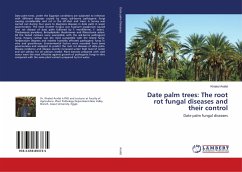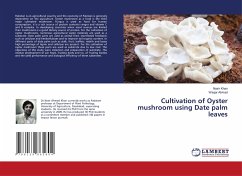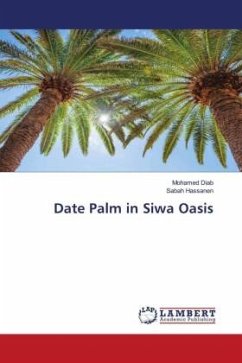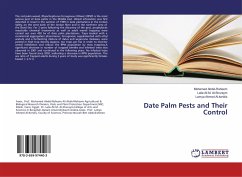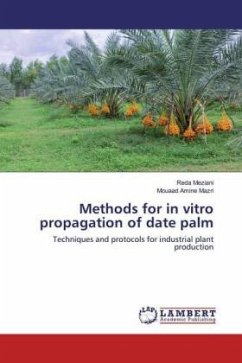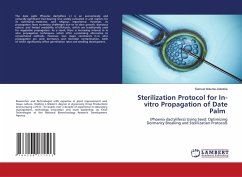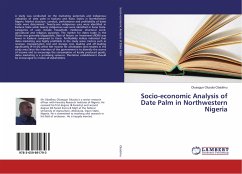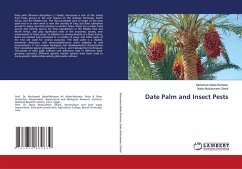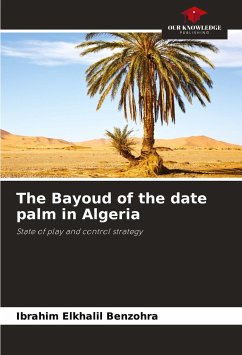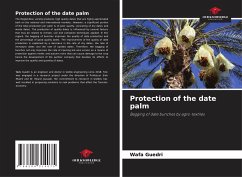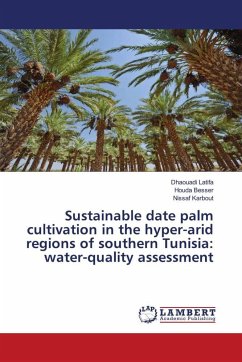
Sustainable date palm cultivation in the hyper-arid regions of southern Tunisia: water-quality assessment
Versandkostenfrei!
Versandfertig in 6-10 Tagen
27,99 €
inkl. MwSt.

PAYBACK Punkte
14 °P sammeln!
Tunisia is facing unprecedented challenges of water management related to limited water resources and the likely consequences on soil salinization, agricultural production and land degradation. This situation raises the concern of the sustainability of date palm cultivation, which represents a major socio-economic asset in southwestern of the country. Integrated approaches of various irrigation water quality indices and geostatistical analysis coupled with field investigation and farming survey were applied to evaluate the evolution of key parameters influencing the development of date palm in...
Tunisia is facing unprecedented challenges of water management related to limited water resources and the likely consequences on soil salinization, agricultural production and land degradation. This situation raises the concern of the sustainability of date palm cultivation, which represents a major socio-economic asset in southwestern of the country. Integrated approaches of various irrigation water quality indices and geostatistical analysis coupled with field investigation and farming survey were applied to evaluate the evolution of key parameters influencing the development of date palm in sustainable way. The findings of this research indicate increasing risks of alkalinization and soil dispersion through the increase of SAR, ESP and Na%. Also results showed the water in the region dominated by sodium, chloride and calcium indication salt accumulation. The sustainable development of date palm in the study area seems to be threatened by ineffective irrigation scheduling and distribution and by progressive loss of water productivity. The degradation of date palm culture challenge environmental conservation, food security and socio-economic values of the region.



